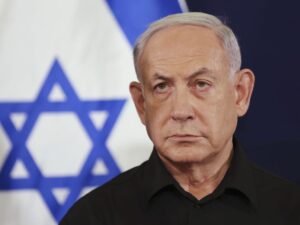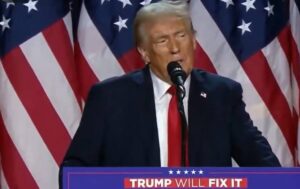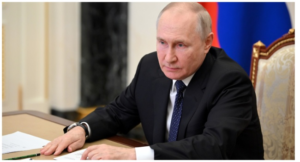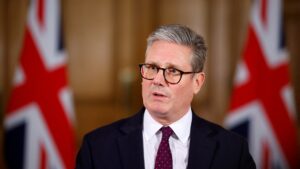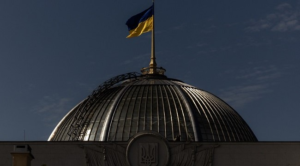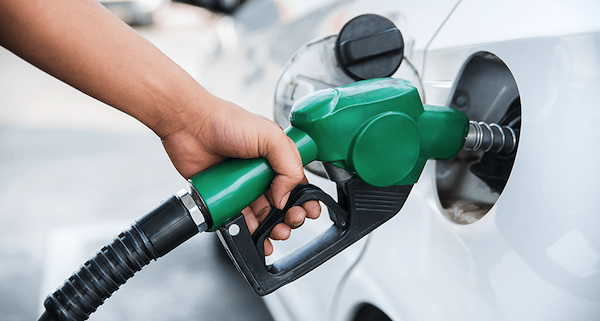
The Federal Government’s decision to increase the pump price of premium motor spirit (petrol) by eight per cent has failed to ease supply challenges in the country, as independent marketers now sell the product N300 per litre.
Recall that the government had a few days ago, raise the pump price of the product for major marketers from N170 to N185 per litre
But four days into the new price regime, checks by Vanguard around Abuja and other parts of the Federal Capital Territory, FCT, showed that supply shortages persisted, with long queues noticed at petrol stations operated by NNPC Retail Limited and major oil marketers.
Investigations yesterday revealed that while the NNPC Retail outlets put their price pumps at N194 in Abuja and N185 in Lagos, filling stations operated by oil majors such as TotalEnergies, Conoil, AA Rano and Mobil, rates have adjusted their prices to N195 per litre, from N180 per litre, even as those stations operated by independent marketers sold at between N280 and N300 per litre.
But speaking to Vanguard from Port Harcourt, the Public Relations Officer, Independent Petroleum Marketers of Nigeria, IPMAN, Chief Chinedu Ukadike, said major marketers in the eastern part of the country had been told the ex-depot price had been increased to N180 per litre.
Chief Ukadiake also disclosed that they had been informed that vessels bringing in petrol to Port Harcourt and Calabar ports would arrive before Friday this week to ease supply difficulties.
He disclosed that currently, independent marketers were purchasing their products from major marketers at N260 per litre, expressing optimism that the arrival of the vessels would end racketeering in the sector.”
Meanwhile, motorists and commercial cab operators in Ibadan, the Oyo State capital, have continued to groan as the scarcity of petrol bit harder.
Vanguard gathered that the situation worsened at the weekend when some of the petrol stations selling the product shut their gates against prospective buyers, with independent marketers adjusting their prices to N300, against the previous pump price of between N195 and N270.
It was observed that some of the few stations that belonged to major marketers had also adjusted their pump price to N190, against the previous pump price of N180.
This correspondent, who went around some major roads in Ibadan in the early hours of yesterday, observed that scores of commuters plying major roads were stranded due to the ongoing fuel scarcity.
In an interview with Vanguard at the IPMAN Headquarters in Ibadan, Oyo State capital, the chairman of the association, Alhaji Bukola Mutiu, linked the ongoing fuel scarcity across the state to the high cost of diesel as well as the inability of Oyo State-based petroleum marketers to load fuel directly from Ibadan depot.
He, however, noted that deregulation remains the answer to all challenges confronting the downstream sector and also allows all the players to key into the sector and import freely.
“Total deregulation remains the best solution to ending fuel scarcity. The deregulation of the downstream sector remains the only potent and lasting solution to scarcity. The cost implication of the policy will make the price of petrol too expensive for Nigerians, as deregulation will shift the burden from the government to users of the product.”
Speaking on subsidy, Mutiu condemned payment of subsidy on petrol, adding that it was no longer sustainable.
“Subsidy regime does not allow competition, while monopoly is the language of petrol business as the Nigerian National Petroleum Company (NNPC) Limited is the sole importer, manager and distributor of petrol.”
Reacting to the present scarcity, the National Association of Energy Correspondents, NAEC, in a statement yesterday, expressed concerns about the lingering fuel scarcity and called on all relevant government agencies in the downstream sector to arrest the prevailing chaos in the market.
It said the body of energy editors in Nigeria lamented that the development had brought untold hardship to Nigerians and man-hour loss which ought to have been put into productive ventures but wasted at filling stations.
It stated: “While long queues persisted at stations now selling at N185 per litre in Lagos and other parts of Nigeria, other marketers have started to take advantage of the situation, causing serious hardship to Nigerians and dislocation to the market through hoarding and profiteering. Black marketers have not only returned, but they have also been smiling to the banks at the detriment of helpless and hapless Nigerians.”


